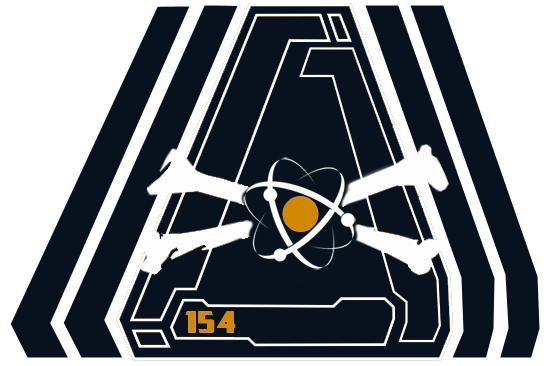Works Published
Within this section you’ll find descriptions of Dr. Temple’s published works. Some of them can be downloaded from this page.
A Grounded Theory Analysis of Ubiquitous Learning Environments and STEM confidence-building among Hispanic Students.
Dissertation (2021) Abstract:The fastest-growing demographic in the United States is also the one that has the biggest struggle with academic success, particularly in STEM-related subjects. Hispanic students have been at risk in the public school system for decades despite earnest efforts to close the achievement gap. This investigation asserts that one of the most significant challenges may be the way Hispanic psycho-social behaviors are influenced by cultural heritage. Richard Lewis’s work on culture suggests that Hispanic (multi-active) behavioral traits are nearly the polar opposite of those cultural-performance values of the peoples that built the public school system. The two cultural paradigms appear to be as mutually insoluble as oil and water. In chemistry, however, substances called emulsifiers can be used to hold these two liquids in a uniform mixture. This investigation develops a grounded theory about a kind of educational emulsifier called ubiquitous learning technology and provides detailed, firsthand insights from participants about how a specially designed ubiquitous learning system affects Hispanic science students’ sense of self-efficacy and perceptions of success in STEM-related subjects in a Hispanic community in Southern California.
Keywords: Ubiquitous Learning (uLearning), Multi-Active, Linear-Active, STEM, Hispanic culture, Self-efficacy, Confidence behaviors
Click here to download the document
Addressing the challenges of online video analysis in qualitative studies: A worked example from computational thinking research
Published 2021 (The Qualitative Report) :In this paper, we share our approach and the process for qualitative analysis of online video data recorded during an after-school robotics program that emphasized computational thinking (CT). Online research strategies may be necessary for various reasons such as when working with a geographically distributed research team, when conducting research with students in an online program, or when resources are inaccessible due to campus closures like those experienced during the COVID-19 pandemic. We followed a three-stage process during qualitative analysis of the videos that included planning and setup, online analysis of videos, and structural coding of memos to explore patterns across the data. Analysis was conducted with a combination of technologies including Google Drive for collaborative coding online and NVivo to collate and summarize findings. The methods and process we describe are readily applicable to other research studies that include video as part of the data set.
Presentations
Dr. Temple, distinguished himself as a stand-out public speaker early on in his classroom career. Giving presentations all over the country, Central Asia, and various educational technology groups while still a full-time classroom teacher.
The GAiIT Framework
Presented Oct. 2024:The GAiIT Framework represents a structure by which course designers and instructors can approach the use and misuse of Ai in learning assessment. The five levels are set from most restrictive down to least restrictive. There are five levels in total.
The Pitfalls of VR in the Public High School Setting
Presented in Mar. 2024:Dr. Temple is one of the very few people to have ever funded, designed, and installed a multi-station VR lab in the high school setting. This presentation centered around the lived experience of that process.Â
The Apocalypse Effect: Engaging through hyperbolic narratives
Presented in Nov. 2022:Based on his doctoral research, the presentation reached into change factors that made a chemistry class one of the most popular and engaging classes available.
ATSE – Alaska Conference for Technology Using Educators
Presented in Feb. 2011:Featured speaker for the conference on using neurocognitive and game theory to train teachers to create their own teaching resources and how to make a paperless classroom for under $99.
ISTE – International Society of Technology Educators
Presented in 2007. 2009. 2010 on various creative ways to utilize imagination and technological skill to engage learning.
